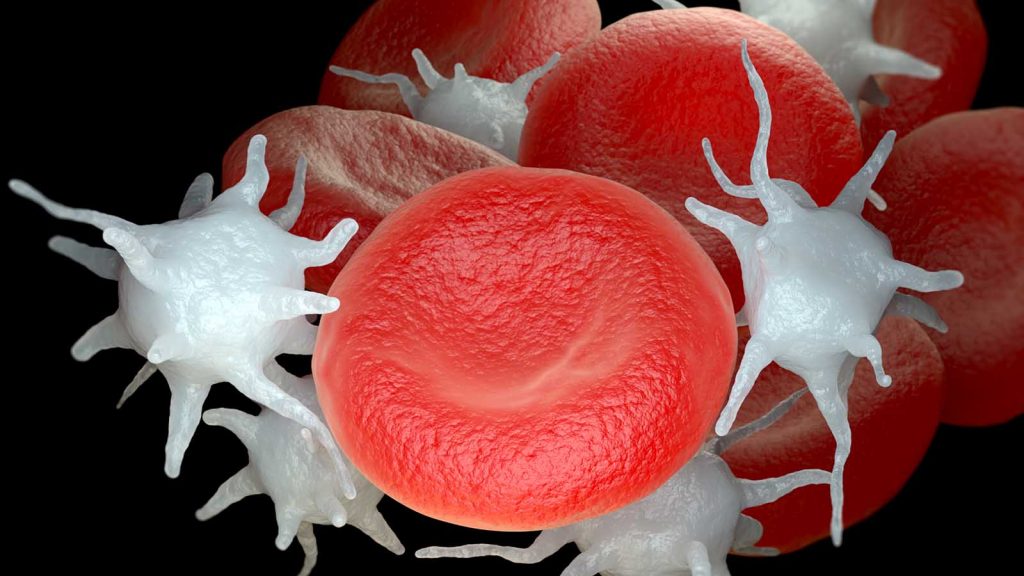As most of us know, drinking alcohol heavily can impact many areas of your health. Alcohol consumption can have so many effects that it can sometimes be hard to keep track of what it is doing to your body. While we feel some of the effects of alcohol, there are others that emerge over time that we may not be able to feel until an issue occurs. For example, heavy drinking may have an impact on blood thickness and circulation. While this may be a positive thing for some individuals, alcohol’s blood thinning properties can cause some serious complications.
Effects & Risks of Drinking Alcohol
Alcohol’s primary function is slowing down the chemicals and pathways that the brain uses to send messages to the body. Even though effects may vary for everyone, drinking alcohol comes with a specific set of symptoms. Here are some of the most common effects of drinking alcohol:

- Altered mood
- Slower reflexes
- Loss of balance
- Memory issues
- Heartburn
- Diarrhea
- Irregular heartbeat
- Weight gain
- Injuries
- Dehydration
- Frequent urination
- Change in body temperature
- Increased stomach acid
The effects above will usually occur while someone is intoxicated or for the next few days. While alcohol can cause some immediate effects, it can also pose some eventual health risks. Some risks of alcohol use and abuse include:
- Shrinking brain cells
- Pancreas damage
- Diabetes
- Weakened immune system
- Hormone changes
- Hearing loss
- Bone thinning and muscle loss
- Liver disease
- Different types of cancer
- Alcohol dependence & alcoholism
- Certain types of strokes
- Heart attack
Additionally, heavy drinking may have an impact on one’s overall blood circulation.
Does Alcohol Affect Blood Circulation?
Yes, alcohol can affect blood circulation in several ways. First, alcohol is known to thin the blood and prevent blood cells from sticking together or clotting. It reduces the number of platelets in the blood, which is normally a good thing. However, platelets are sometimes beneficial in cases of injury. If someone got a cut on their leg, for example, platelets would rush to the injury to prevent too much complication or blood loss. With too much alcohol in the system, this process is not possible.
While the blood thinning properties of alcohol may lower the risk of certain types of strokes, they can increase the risk of strokes that involve bleeding in the brain (hemorrhagic strokes).
Heavy drinking may also make the liver fattier, which means that there will be limited blood flow around that area. The cells of the liver may not get what they need to survive, which can cause serious health risks.
Blood circulation is what keeps many of our organs functioning properly. If alcohol interrupts circulation, our body may begin to fail us. If you or a loved one is consuming more than three drinks a day and is experiencing signs of any of the complications above, it may be time to consider treatment.
Managing Blood Circulation
If you have a history of blood clotting, do not use alcohol as a replacement for a blood thinner. If you require a blood thinner, your doctor should be able to prescribe the right medication for you. If you are taking blood thinners, use alcohol in moderation.
To learn more about alcohol addiction and other substances or treatment options, contact our team of substance abuse representatives by calling 267.209.7313.



